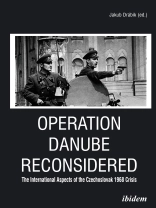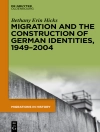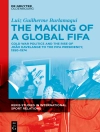At 11 o´clock in the evening of 20th August 1968, the armies of four Warsaw Pact countries, the Soviet Union, Poland, Bulgaria, and Hungary, crossed the borders of Czechoslovakia, starting the “Operation Danube”. Literally overnight the Czechoslovak experiment with Alexander Dubček´s liberalization reforms was transformed from living reality into history. Although the Soviet Union’s action successfully halted the pace of reform in Czechoslovakia, it had unintended consequences for both the unity of the communist bloc and the establishment of the new Soviet foreign doctrine. This book brings the international context of the 1968 crisis in Czechoslovakia to the center of attention. It brought together experts from within as well as from without Central Europe with the hope of igniting, or, perhaps better, re-igniting an international discussion on the Prague spring, its origins, its unfolding, its aftermath, and, most importantly, the international context.
The volume’s contributors are: Ljubodarg Dimić, Jakub Drábik, Mihail Gruev, Slavomír Michálek, Miklós Mitrovits, Jackques Rupnik, Alexander Stykalin, Mirosław Szumiło, Michal Štefanský, and Virgiliu Tarau
เกี่ยวกับผู้แต่ง
Dr. Jakub Drabik (born 1986) is a historian mainly interested in comparative fascism studies but covering a broad range of topics from 20th-century history in his research and teaching. He completed his doctorate at Charles University in Prague in 2014 and, since 2016, is working at the Institute of History at the Slovak Academy of Sciences, and teaching at the Masaryk University in Brno. His previous books include Fašista [A Fascist] (Academia, 2017) and Fašizmus [Fascism] (Premedia, 2019).











